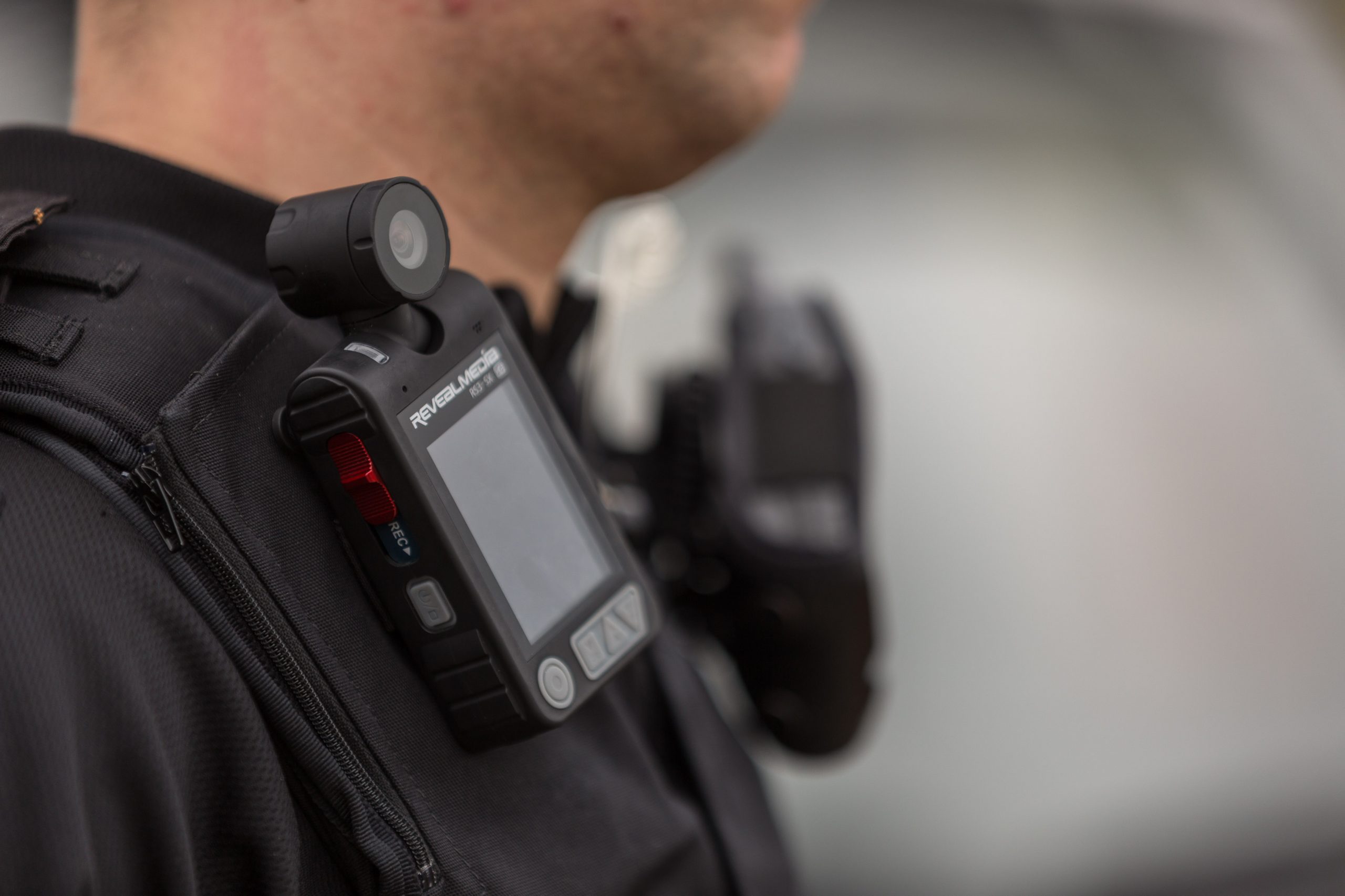Body Cam Footage Should Be Released To Public
“PEOPLE shouldn’t be able to post an edited version of the facts on social media.”
That is the view of Hampshire Police Federation Chair Zoë Wakefield, who was responding to calls for police body-worn video footage to be released to fight back against ‘trial by social media’.
Zoë supports the principle of releasing footage to help the public understand why officers have made particular decisions when making an arrest.
She said: “People shouldn’t be able to post an edited version of the facts on social media just to suit their narrative, without us being able to respond with the full facts.
“At least then the public can make up their own minds about who was in the right or who was wrong, or if no one was. But that distorted view isn’t fair and it’s misleading the public as well.
“I’m sure there’ll be some cases where for legal reasons we can’t release the footage, but I think where we can, we should.
“Not that we should really have to defend our position, but policing is a difficult job, even more so at the moment with COVID restrictions and regulations, and I think many people don’t understand the complexities of it.
“Releasing the footage will, hopefully in some cases, help people understand why we’ve made the decisions we’ve made.”
Home Secretary Priti Patel has also called for body worn camera footage to be released and called for forces to be “proactive” on the matter.
She wrote to Martin Hewitt, Chair of the National Police Chiefs’ Council, stating that the actions of officers are “deliberately misrepresented” in videos posted on social media and could undermine trust in officers.
She wrote: “Increasingly we find footage of police interactions being shared across various platforms and used as the basis to criticise the actions of the officers involved.
“Often those commenting on the footage online from their homes have little understanding of the reality of a specific situation, or the pressures of policing.
“But, worse than this, in some cases the actions of officers are deliberately misrepresented and footage edited to support this false narrative.
“This has a corrosive impact on the welfare of the officers involved and on public confidence more broadly.”
She added: “I would encourage forces to be proactive in considering where BWV footage can be released to demonstrate the good work officers do and to show that selective footage can be misleading.”
